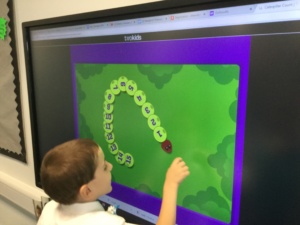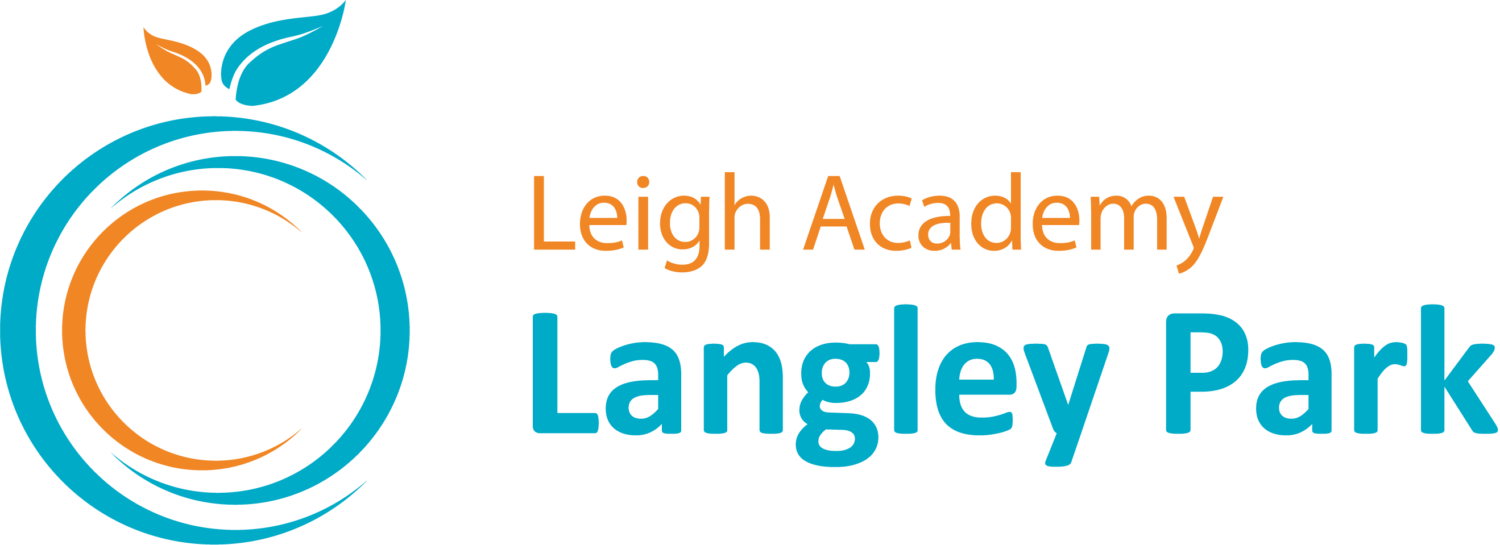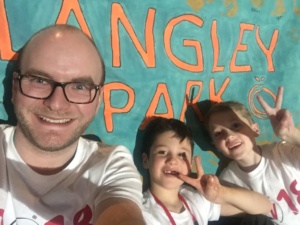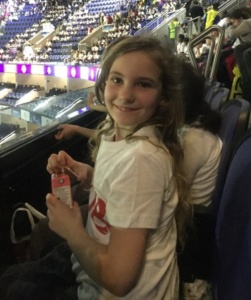Curriculum Statement
Our core purpose at the Leigh Academy Langley Park is to equip pupils with the necessary skills, knowledge and attributes to be lifelong learners and conscientious global citizens that contribute positively to modern day society. Through the ten Learner Profile Attributes, they will develop into individuals that have an awareness of global issues and how their actions on an individual and even local level can have far reaching, global impacts. Leaders at all levels are ambitious in the pursuit of an educational diet that is second to none that leaves no learner behind and all pupils, including disadvantaged and pupils with SEN, are able to be the best version of themselves.
The framework within which our curriculum is organised provides relevant, current and challenging contexts that are used for learning to be logically planned and sequenced. This is enhanced through clearly defined key concepts and related concepts that enable pupils to make authentic and solid connections between previous, current and future learning through transdisciplinary learning. As a result of this, learning “sticks” and therefore, over time, it equips pupils with the culture capital they need to succeed in life in the long term as opposed to just the next stage in their educational journey.
IB PYP
This year we have applied to the International Baccalaureate (IB) for candidacy in order to work towards authorization to be called an IB school to teach the Primary Years Programme (PYP). Leigh Academy Langley Park is a candidate school* for the PYP. The school is pursuing authorization as an IB World School. IB World Schools share a common philosophy – a commitment to high-quality, challenging, international education – that we believe is important to our students.
The PYP is a framework for us to deliver our curriculum, made up of the National Curriculum and then supplemented with a range of opportunities and knowledge. We will still teach all the skills from all of the subject areas below, but we will do this in a way that allows all children the ability to have a say in what they learn and extend their thinking beyond the classroom, in order that they become ‘thinking learners’.
The information below explains the skills that will be taught in each curriculum area from EYFS to the end of Key Stage 2. Further detailed information in regard to individual Year Groups can be found on the tab ‘Curriculum 2019/2020’.
English
We follow the National Curriculum to teach English in terms of the skills that are taught at each phase of a child’s education. We aim to make our English lessons engaging and linked to the inquiry for the term, this will include elements of Drama, Speaking and Listening, Reading and Writing. We have key texts which are used throughout the year and these are challenging for the children – in order to develop their vocabulary skills, use of key terms and for story plots. We will hear the children to read at least once a week using their own levelled reading book and we will also teach reading through guided reading activities and lessons. It is key that children have a solid basis for reading and writing and so phonics is paramount in early year groups. In Year R and Year 1 we teach daily phonics and then develop this further in Year 2 and beyond with spelling patterns during our Spelling, Punctuation and Grammar lessons (SPaG). We teach cursive handwriting from Year R and encourage children to develop a cursive handwriting style as early as possible. The Phonics and Reading page will give you more information about how we teach these key areas at Leigh Academy Langley Park.
Maths
We follow The White Rose Maths Hub curriculum which breaks the skills down from the National Curriculum into small achievable steps, whilst maintaining an expectation of challenge. To find out more please see this link.
Curriculum Subjects
All other curriculum areas will be taught through the PYP, an inquiry-based curriculum. This will allow the children to understand the reason why we learn, how subjects are linked and give them opportunities to explore and develop new skills. We endeavour to ensure they know their place in the world, their responsibilities and recognise their own skills and talents. All National Curriculum subjects have their coverage tracked across the year to ensure all skills are taught in the correct year group and so learning can build as children move through the school.
Science
Science is taught either as part of our class inquiry or as a discrete subject. We track coverage termly and use formalised assessment to record progress. We have started to develop our use of floor books in some year groups to record practical learning. We realise the importance of Science and Engineering in the future and so support STEM projects as often as possible. For example, Dr. Anne Nortcliffe, Director or Engineering Curriculum at Canterbury Christ Church University worked with Year 2 and Year 3 to answer the question ‘Who is controlling the robot?’.
MFL (Modern Foreign Languages)
We teach weekly MFL to all children in all year groups. Our chosen language is Spanish and we use Language Nut for lesson plans, games and experience in speaking & listening, reading, and writing. To develop Spanish further we also work with Lingotot to offer an after school club.
Information Technology
IT skills are taught discretely and then children are given experiences to use IT across all areas of the curriculum. We teach discrete Online Safety lessons and then refer to this whenever IT is used. EYFS and Key Stage 1 have access to Interactive Whiteboards, iPads, recording equipment, cameras and video recording. Key Stage 2 have the same access as well as Chromebooks. 
Design Technology
DT is taught linked to the inquiry in each class. Children will be expected to explore, investigate, plan and make a range of products, including food technology. Once Phase 2 is completed, the children will have access to a Food Technology room with 2 induction hobs and 2 ovens.
Art
Art is linked to the inquiry in each class and will focus children on key skills such as form, line, texture and space. Children will experience a range of artists from historic icons to local and international artists who specialise in drawing, painting, multi-media, sculpture, photography and textiles.
Music
Music is taught in all year groups either as a discrete subject or linked to the class inquiry. The children are encouraged to develop an appreciation of different types of music genre and play instruments throughout each year groups. EYFS play untuned instruments, Year 1 play unturned instruments, Year 2 start learning the Ocarina, Year 3 and Year 4 Recorders (taught by a music specialist through Music Hub), Year 5 and Year 6 Ukulele. Children are encouraged to produce their own compositions and develop notation further up the school. We sing in assembly, for Christmas productions and Christingle Services as well as taking part in Young Voices (a national children’s choir who come together at the O2 for a performance each year). We also offer music lessons with peripatetic teachers, at the moment guitar and we are looking into piano lessons – this is at a cost to parents.
Humanities
The Humanities (Geography and History) are inquiry-based and children are taught the subject specific skills which they can then transfer to other areas of the curriculum. It’s important in this current world that children see their place in the global community and develop a sense of what being British means and how we have many similarities as well as differences with other nations. Our Historical skills give the children an idea of what has happened in the past and how this has impacted on our current history. Where possible we get the children involved in practical learning, starting with themselves and then moving on to the wider world around them.
*Only schools authorised by the IB Organization can offer any of its four academic programmes: the Primary Years Programme (PYP), the Middle Years Programme (MYP), the Diploma Programme (DP), or the Career-related Programme (CP). Candidate status gives no guarantee that authorization will be granted.
PSHE
As part of our PSHE offer, we have regular whole-school assemblies which focus on a range of different themes and events. The assembly timetable and their themes is outlined in the links below.





